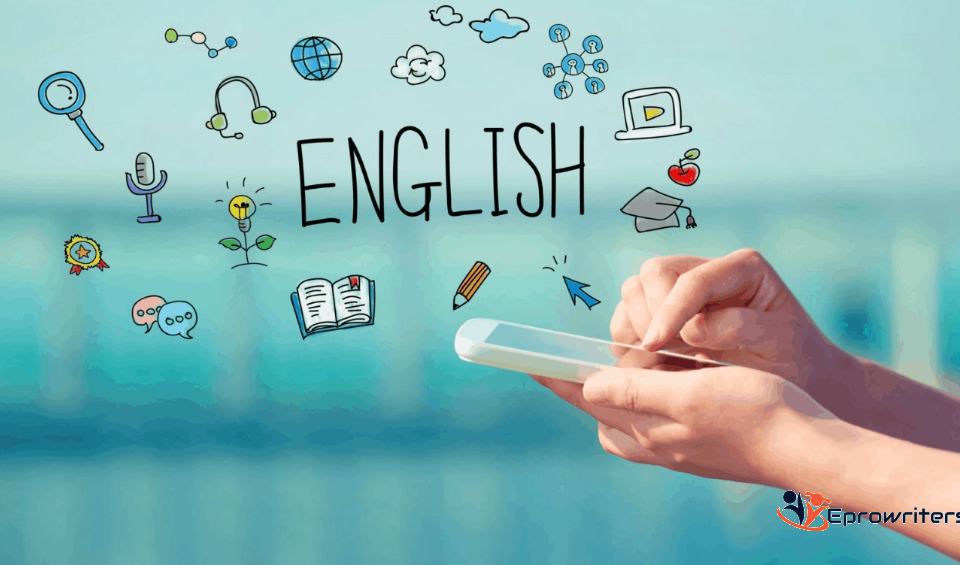- Top Quality Custom Essays
- +1 (628) 201-7932
- eprowriters01@gmail.com
WORLD LIT DL2 : World Literature I (Oceania College)
WORLD LIT DL2 : World Literature I (Oceania College)

Last updated on September 26th, 2023 at 04:01 pm
Options WORLD LIT DL2 : World Literature I
Option A
Why does Orgon trust Tartuffe, a complete stranger, more than any member of his own family?
Option B
Carefully analyze Swift’s Gulliver’s Travels as a satirical work. Whom are the various strange people Gulliver meets satirizing? Who would these group satirize in today’s World?
Option C
How do Sor Juana Ines De La Cruz’s views on gender equality compare to Mary Wollstonecraft’?
How do the views of both of these authors hold up with modern ideas?
Option D
Compare and contrast Life of a Sensuous Woman and the novel Memoirs of a Geisha.
Option E
Jean-Jacques Rousseau’s political philosophy was a major influence on the revolutions that occurred at the end of the eighteenth century. Compare Confessions with the “U.S. Declaration of Independence,” the “Declaration of the Rights of Man and of the Citizen,” or “The Rights of Woman,” which appear in the “Revolutionary Contexts” section of this anthology. What depictions of the individual, human nature, and positive relationships in Confession can also be found in the document you chose?
Need help with this or similar assignment?
- Tell Us Your Requirements: Please provide us with the specifics of your paper so that we may do our best to personalize it. Select the discipline, word count, format, academic level, and other details on the order form.
- Connect with the Best Writer: Consult and collaborate with an expert and complete your paper on schedule.
- Monitor the progress: Control the work process by checking the completed parts of your document right away. You can easily submit your comments by chatting with your essay writer on our website.
- Download Your Paper: Get your paper written according to your specifications. It is important to note that you only pay for an essay when you are completely satisfied with the outcome. Please provide us your feedback about our collaboration.
About Us
Eprowriters.com, and its afilliate blog Eprowriters.net, is a custom essay writing service that has been providing academic support with great success for more than five years. We are constantly updating our objectives in order to improve the quality of service we deliver and increase client satisfaction. We’ve progressed to an original concept as a result of our success.


